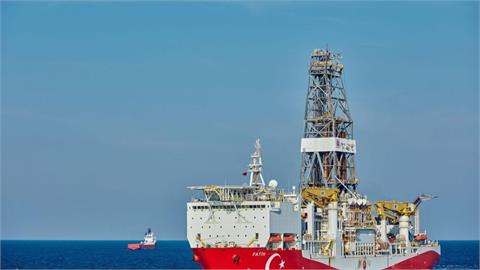Iran will use the capabilities of Kazakhstan and will work through it with Russia and China, Iran’s Ambassador to Kazakhstan Mojtaba Damirchiloo told a press conference in Astana.
The European Union and the United States have recently confirmed the lifting of the economic and financial sanctions from Iran that had been imposed in connection with its nuclear programme. Tehran was waiting for that to happen for a long time and was getting ready for it.
The next day after all world media had announced the lifting of the sanctions, Iran’s Ambassador to Kazakhstan called a big press conference in Astana. His first announcement was about Iran’s plans to achieve the pre-sanction level of oil production.
"During the sanctions, as you know, certain limitations were imposed on export of Iran’s oil. Prior to the sanctions, Iran produced up to 4 million barrels a day, out of which it exported about 2.1 million barrels. The sanctions reduced the export volumes by more than a half, to just 1 million barrels a day. Now, Iran intends to return to the pre-sanction volumes,” Damirchiloo said.
According to him, the highest level of production in Iran was recorded in 1978. At that time, the country was producing 6 million barrels a day. The ambassador also said that Tehran’s ambition was to achieve 4 million barrels a day within a year, and to export over 2 million barrels a day.
The diplomat made no secret that Iran intended to return to the previous markets, which were closed for its oil during the sanctions.
However, many experts are sounding the alarm in connection with the lifting of the Iran sanctions and its return to the oil markets. They are concerned that the export of Iranian oil will add fuel to the flames and will collapse oil prices even further.
Against the background of these oversupply fears, Brent oil fell below the lowest level since 2003 – under $28 per barrel – at the start of the trade on January 18. But it only fell by $1, from $29 to $28, which is a negligible change in the opinion of the specialists. Moreover, the Iranian oilers are not afraid of the current drop of the oil prices.
"The cost of oil in Iran is much less compared to the other countries. For us, the price of 28 dollars per barrel is viable and quite profitable,” Damirchiloo said
He added that the oil prices had started falling long before the Iran situation, so Iran was not exactly to be blamed for that.
"Cheap” oil is not just in Iran, but also in Saudi Arabia and in Russia. And the problem is rather the gradual disappearance of the expensive oil from the markets.
According to many experts, the competition will not be so much among Saudi Arabia, Russia and Iran, but rather among the higher cost producers. They include, for example, Norway, which has effectively left the market, as well as Azerbaijan, and, to some extent, Kazakhstan, Nigeria, and Venezuela. This is also partly applies to Brazil.
The experts believe that the key factor causing the fall of the oil prices is the situation in China. After 2008, it was China that was effectively the main driver for setting the energy prices and for the world economy on the whole. So the question now is what is Beijing up to?
That is why, with the sanctions lifted, Iran intends to expand its cooperation with Central Asia, Kazakhstan in particular, to strengthen its cooperation with China.
Damirchiloo, believes that the relations of Astana and Tehran may reach the level of cooperation.
"For example, Kazakhstan could use the territory of Iran to transport its goods. That is why I pointed out that these countries are connected by railway, which makes cooperation easier. Iran could also use Kazakhstan’s capabilities and work through it with Russia and China,” Damirchiloo said.
In March this year, OPEC is scheduled to hold an emergency session, which may decide to tighten the quotes for oil production to maintain the world oil prices.
It is quite possible that Iran will be part of that process, as that country still needs high energy prices in spite of the growing volumes of production.
http://neurope.eu/article/iran-to-boost-ties-with-russia-kazakhstan-china/



